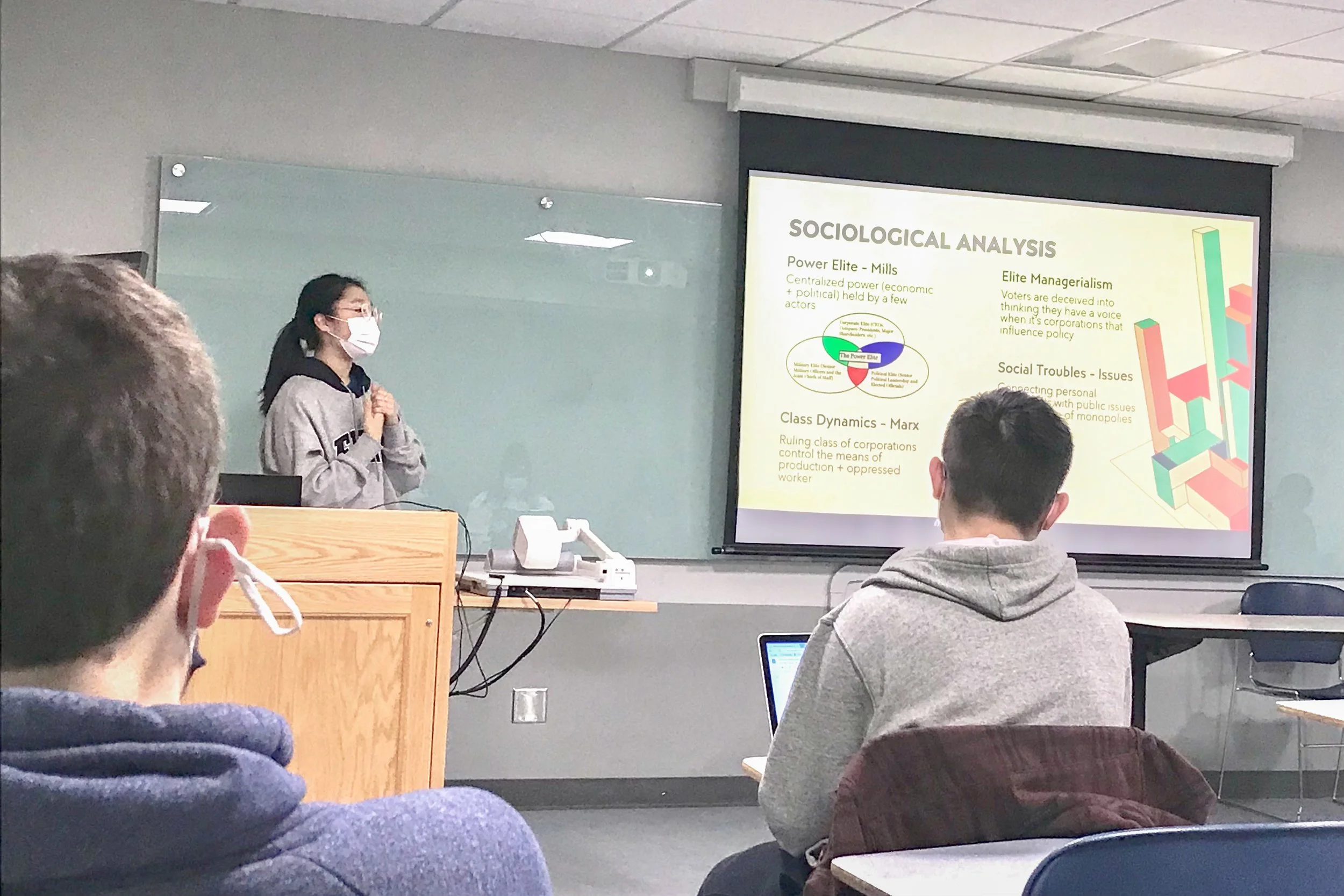Political Sociology - Power, State, and Society
This course surveys the foundations of political sociology, introducing students to a breadth of theoretical, analytical, and methodological traditions, while also engaging in contemporary scholarship at the nexus of society and the state.
Broadly construed, political sociology is the study of the relation between power, the state, and society. Who gets what? Where? When? Why? How much? While the theoretical antecedents of political sociology go back to the founding of the discipline, we will mainly spend our time examining how interpretations of social and political pluralism, the autonomy of the state and institutions, class conflict, and social domination can be made through different examples and case studies. To this end, one outcome of the class is that you are able to speak, write, and think coherently using specific political sociological intellectual traditions across history and socio-political contexts. From this class you will be able to define and discuss each of these topics and understand how they play out in contemporary situations and policy debates.
The first part of the class will establish the theoretical foundations of political sociology towards developing a working vocabulary that we can apply in different contexts, and discussing various conceptions of the state. The second part focuses on questions of civic engagement and public participation in political processes, how people exert themselves to establish rights, the nature of contemporary economic power, and how we can view an array of topics like climate change, racism, and voting through political sociological frameworks.


